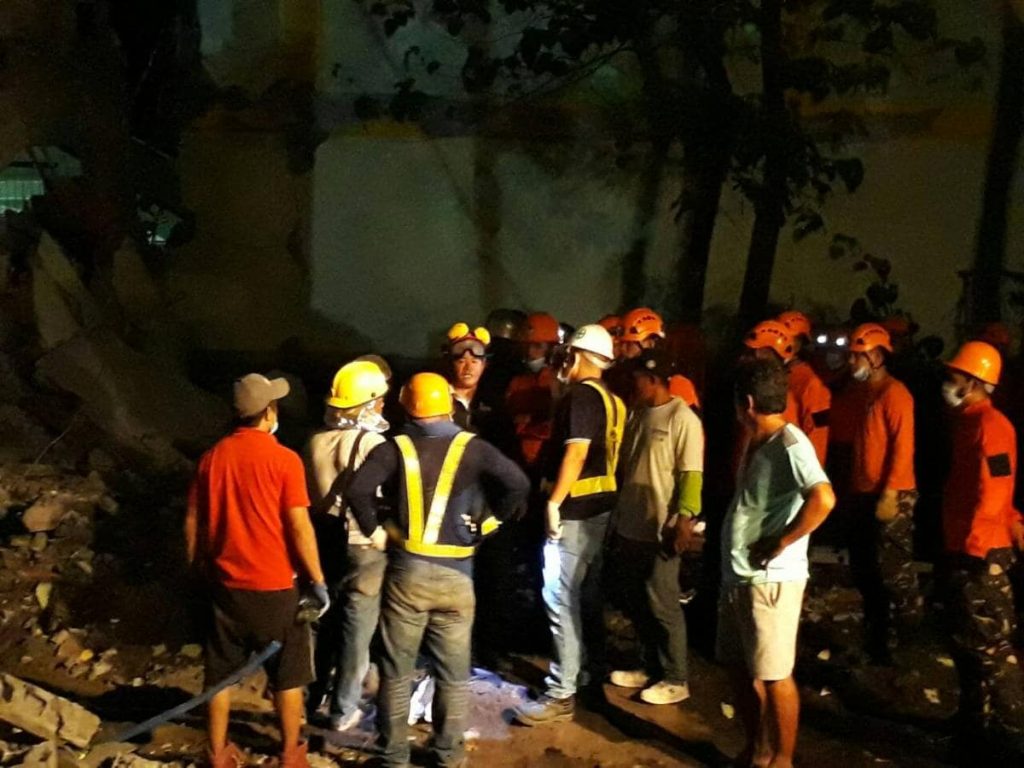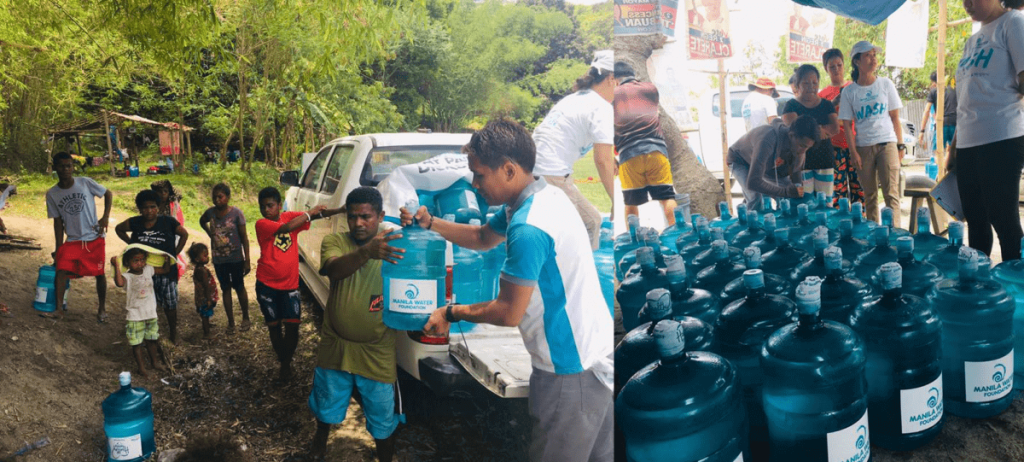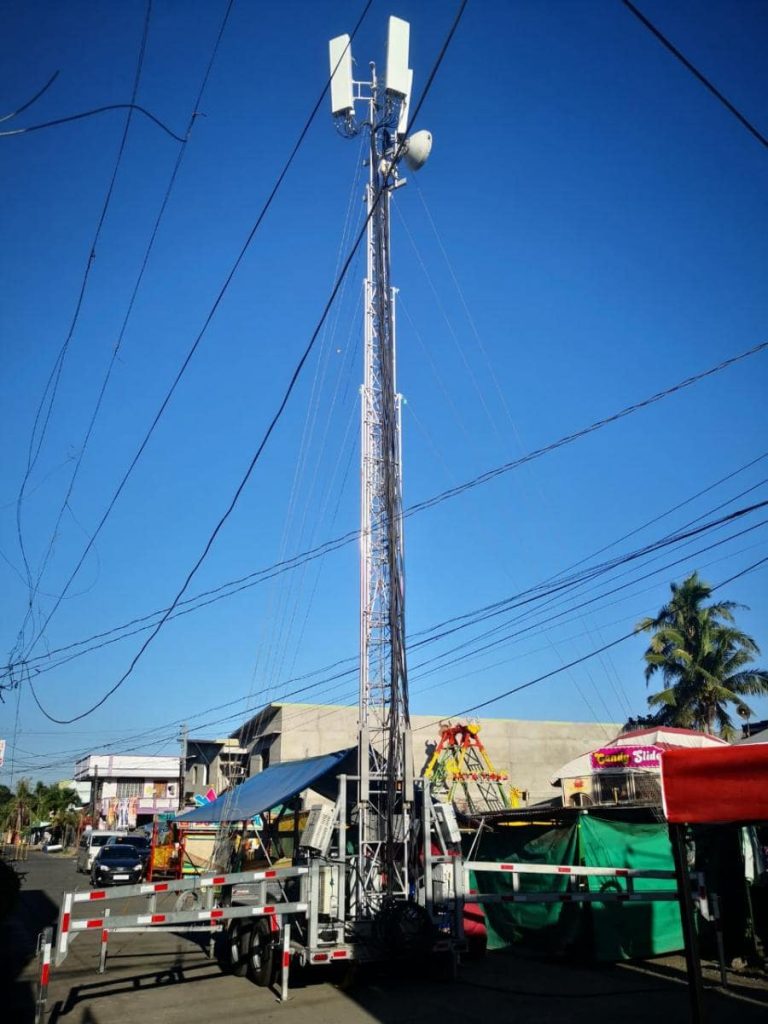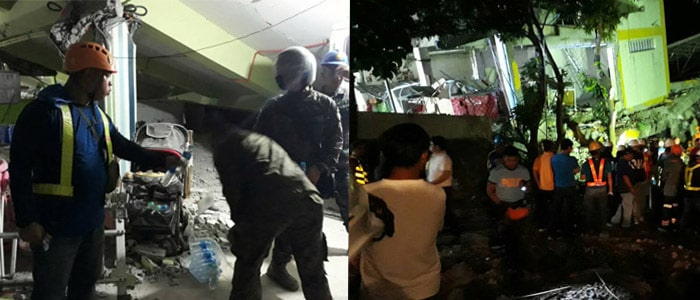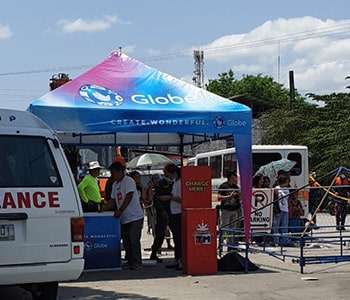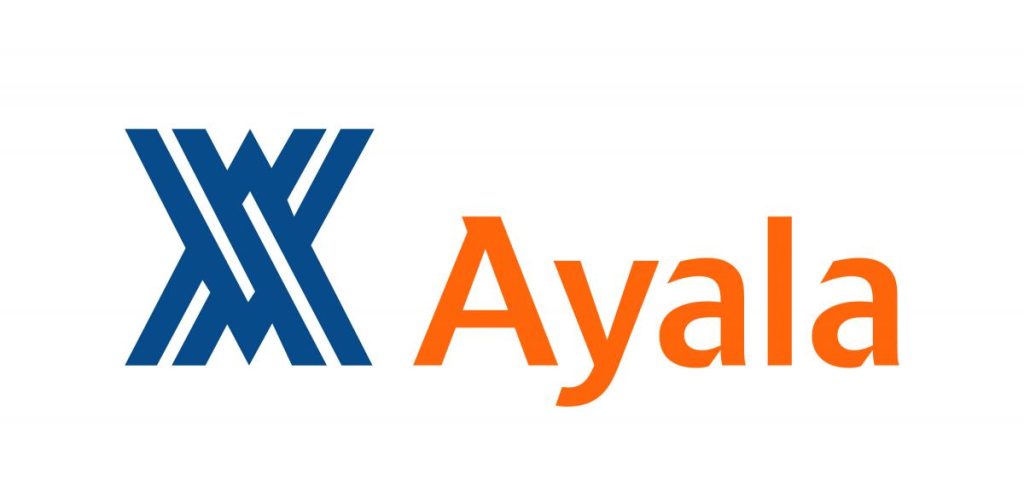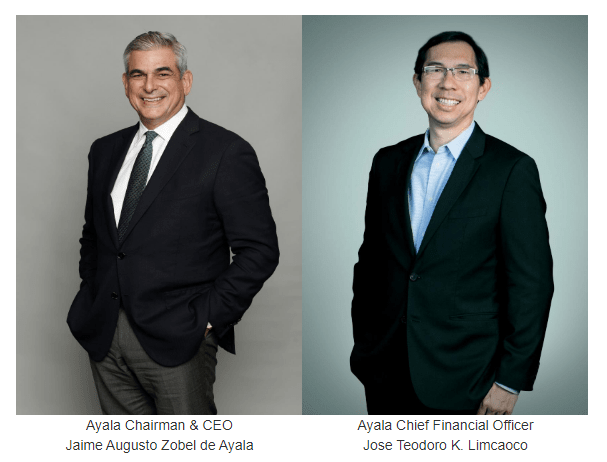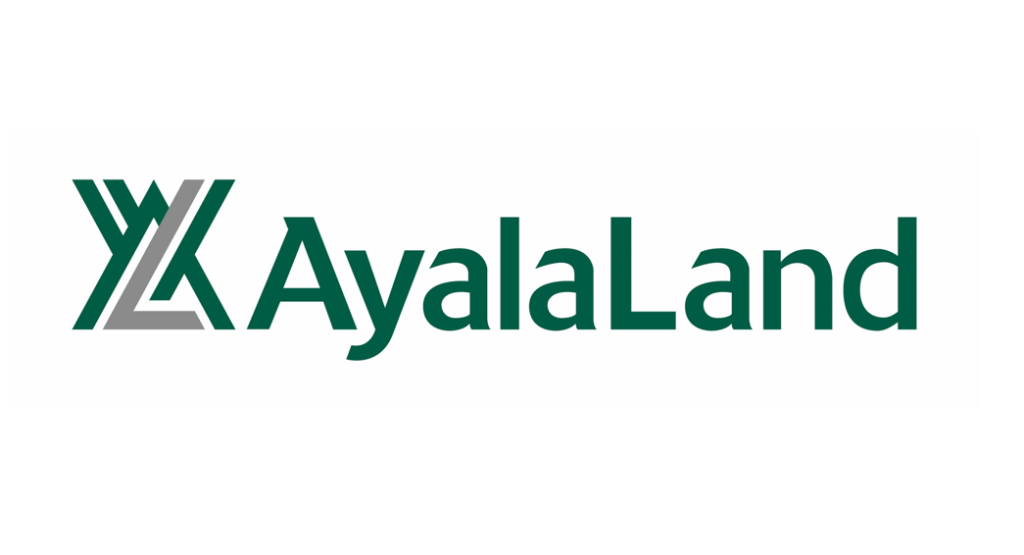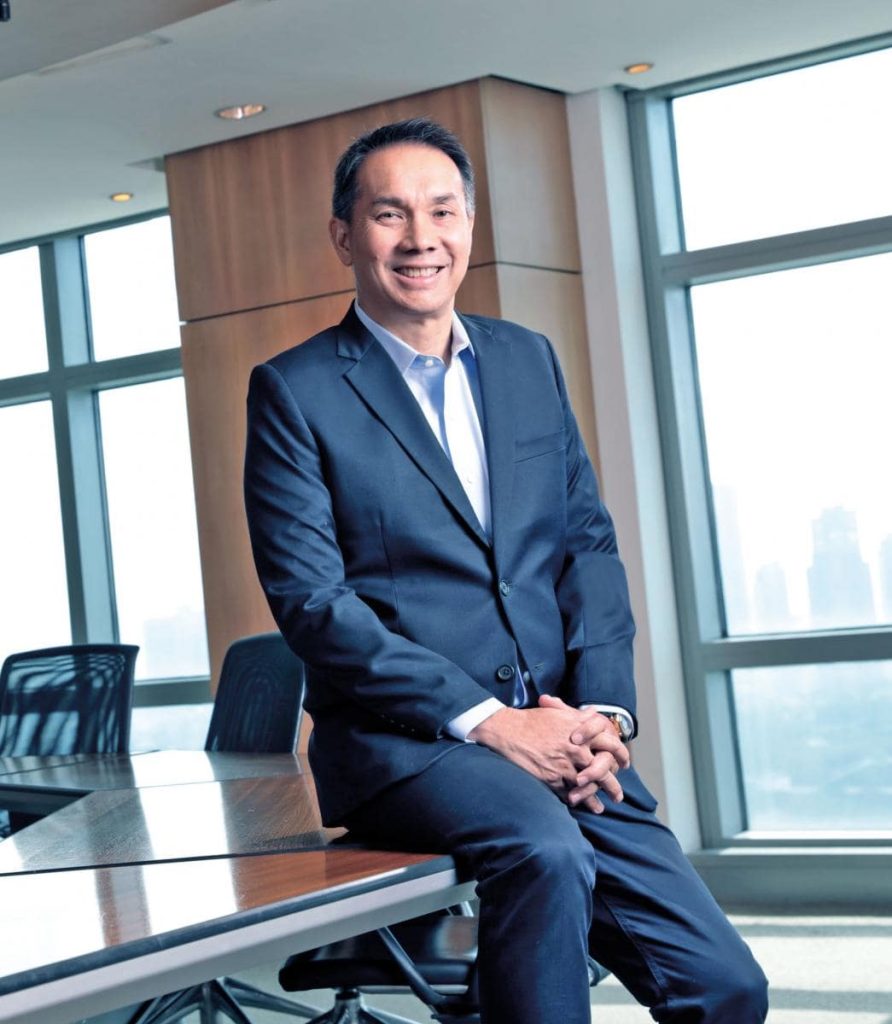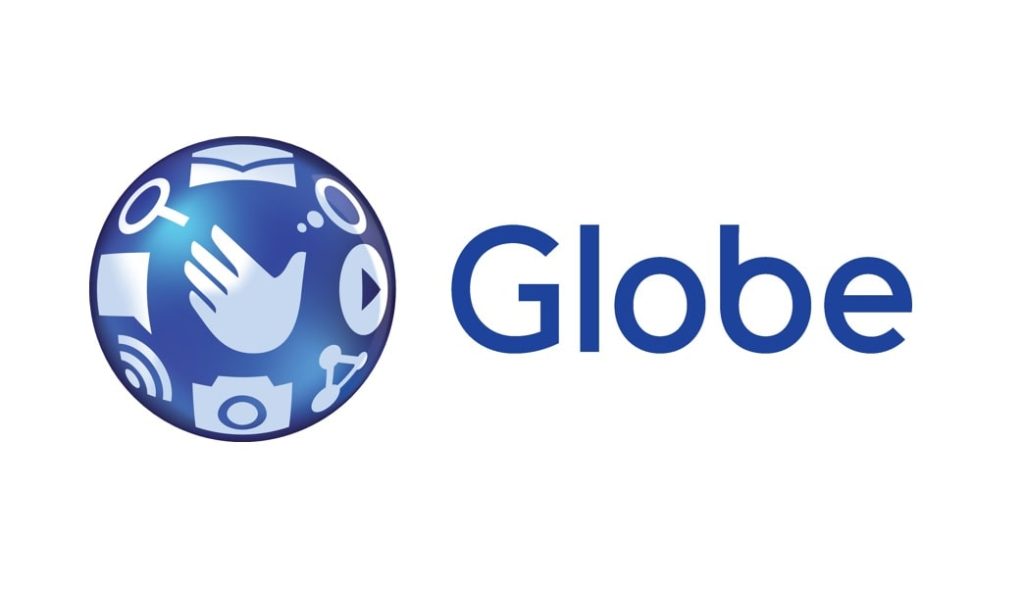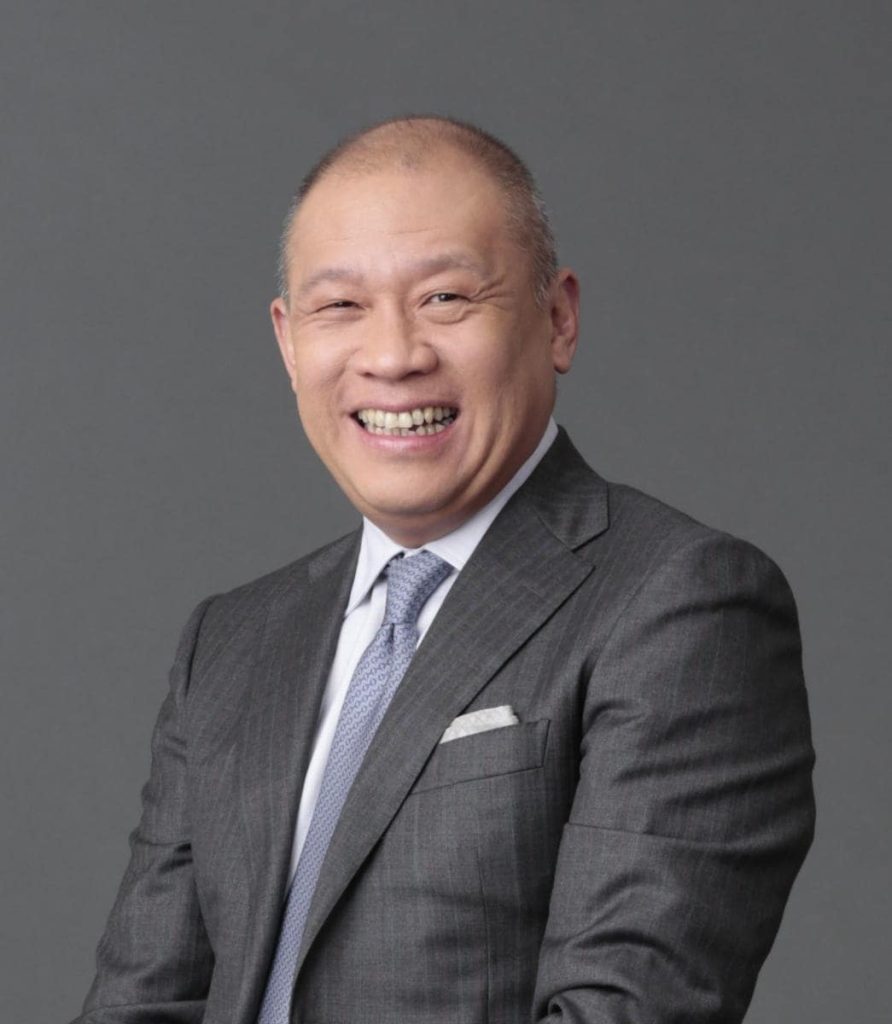Makati, Philippines – April 26, 2019 At Ayala Corporation’s (Ayala) 2019 Annual Stockholders’ Meeting, Ayala Chairman and CEO Jaime Augusto Zobel de Ayala revealed that the group is undergoing a massive transformation to aggressively ramp up the digitalization of its companies. Zobel elaborated on some key components of this digitalization strategy, such as exploring new business models and opportunities, bolder and more deliberate venture capital spending, and leveraging data and analytics, among others. Today, Ayala has already gained a foothold in fintech, e-commerce, logistics, industrial technologies, and health tech, and plans to invest substantially in tech innovations globally to help bring the country at par with the rest of the digital world.
“We have started to participate in digital businesses that we believe are disruptive. These investments are designed to complement our group’s traditional brick-and-mortar operations, future-proof our existing portfolio, and broaden the digital experience of Filipinos. We spend significant time studying other markets that are in the advanced stages of digital maturity and we have teams constantly looking at emerging trends and technologies. Absorbing and learning from these experiences, we have become more deliberate in our own digital transformation journey and have elevated it into a group-wide strategic agenda,” said Zobel.
In fintech, Ayala is the country’s clear leader today with both GCash and Bank of the Philippine Islands (BPI) providing leading solutions to more Filipinos. GCash, which is recognized as the #1 mobile wallet in the Philippines and #5 in the region (source: App Annie, 2018), is a micropayment service that transforms the mobile phone into a virtual wallet for secure, fast, and convenient money transfers. It is operated by Mynt, a partnership among Globe Telecom (Globe), Ayala Corporation, and Ant Financial that provides innovative and first-in-world fintech solutions to consumers, merchants, and organizations. GCash currently has 20 million users and more than 58,000 QR-enabled merchants in the country. By December 2018, there were 35 GCash-enabled sites, including all 31 Ayala Malls nationwide and other Ayala Land (ALI) retail centers. It has also launched GCredit, GSave, and Invest Money as part of its commitment to provide financial services to its growing, digitally-savvy base.
For its part, BPI’s new Mobile app has 1.6 million downloads and ranks #1 in the Apple App Store and #4 in the Google Play Store (source: Similar Web, March 31, 2019). Total active BPI Online and BPI Mobile users also grew by 16.3% in 2018. In total, BPI serves over 54,000 merchants (including Global Payments merchants). It continues to ramp up its microfinance arm, BanKo, which has provided over ₱4 billion worth of loans over the last three years to nearly 56,000 entrepreneurs. It has over 200 branches nationwide and is set to release a BanKo mobile wallet app soon.
BPI and GCash continue to complement each other to make financial services more convenient and accessible, and are poised to introduce even more technology offerings and services in the coming months. Over the past three years, the Ayala group has invested over ₱18.5 billion to further its fintech capabilities and aspirations.
In e-commerce and logistics, Ayala is quickly becoming a major player. Among Ayala’s earliest digital investments was ZALORA Philippines, an e-commerce fashion retail platform that capped off 2018 with over 100 million page views for the first time in its seven-year history and over seven million mobile app downloads. In October 2018, Ayala spun off ZALORA’s in-house logistics capabilities into Entrego, now the country’s fastest growing Courier, Express and Parcel provider with 54 distribution hubs nationwide.
In health tech, AC Health pioneered the country’s first digital health portfolio to provide Filipinos with seamless and integrated healthcare services. Through Vigos Health Technologies, AC Health developed an in-house Electronic Medical Record and Clinic Information System called Vigos EMR. It also launched a digital corporate health platform called Vigos Care which allows AC Health’s patients to access all their healthcare needs from their phones. In addition, the company has also invested in AIDE, a digital home health platform, and MedGrocer, an online pharmacy that delivers right to the customer’s doorstep. AC Health’s digital portfolio will serve more than one million lives by 2020.
In its biggest commitment to digitalization to date, Ayala and its affiliates have announced plans to launch a new venture capital fund, with at least $150 million, to invest globally in new technologies that can complement their business activities. With this new fund, Ayala seeks to focus on startups in their early growth stage and support tech innovations in data and analytics, machine learning, artificial intelligence, cloud computing, fintech, automation, real estate, retail, transport, energy, water, health and wellness, and food. Ayala, ALI, BPI, Globe, AC Energy and other selected invited investors have committed to raise this fund, which will be managed by Kickstart Ventures Inc. (Kickstart). Kickstart is the corporate venture capital subsidiary of Globe with investment decisions overseen by senior Ayala group executives. It has invested in 39 digital startups in seven different countries since 2012. This fund is the largest effort of its kind in the Philippines, and the first conglomerate-wide strategic venture capital fund in the country.
Through digital transformation, Ayala is harnessing the power of technology as it remains fully committed to reinventing its businesses to help bridge societal gaps, make a lasting and meaningful impact on society, and help improve Filipino lives.
